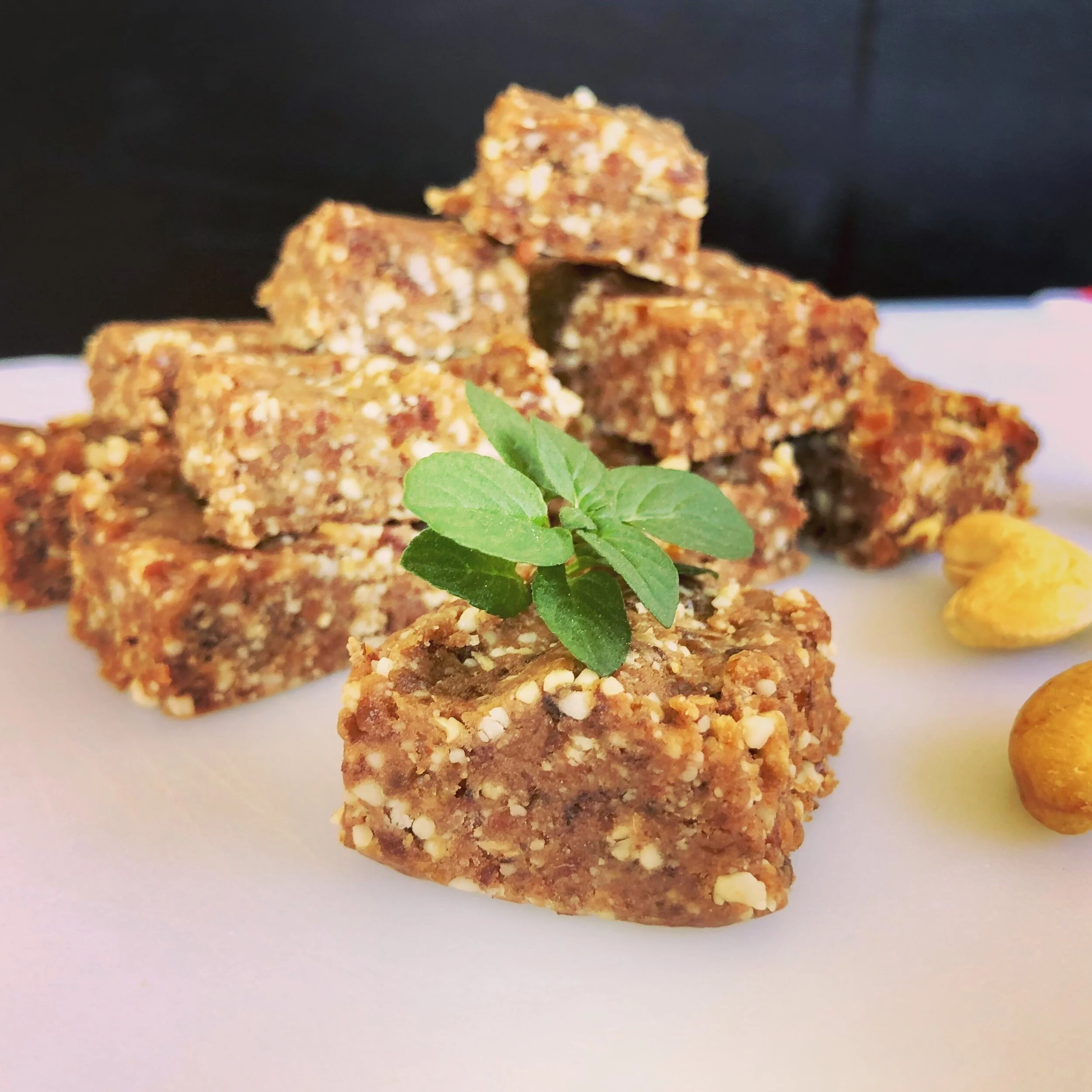Essential oils: more than just a pretty smell
Mention essential oils and see what sort of response you get. Some people hear the words and immediately conjure up thoughts of woo woo hippies and snake oil. Others nod their heads knowingly and smile with appreciation for all that essential oils offer. No matter what camp you may fall into, it’s helpful to understand what essentials oils are and how to use them safely and effectively.
Simply put, essential oils are aromatic compounds derived from plants. Plants use these oils as their natural defence mechanism against things like bacteria, fungus, insects, mould, viruses and more. These oils are extracted from various parts of plants (bark, flowers, fruit, leaves, stems) by way of either steam distillation or cold pressing and retain the natural smell or flavour of their source. When unadulterated, these oils contain beneficial properties that can be used to support a variety of things.
Essential oils have been around for centuries. The Egyptians cultivated plants for their oils and used them extensively in spiritual practices, cosmetics and for medicinal purposes. Aromatic essence and resins were also used in the embalming process. China and India made use of aromatic plants as well, which would go on to become part of the Indian Ayurvedic medical system. Greek physician Hippocrates was also a firm believer in treating patients holistically and included essential oils in his therapies, while Romans used aromatic baths as part of their hygiene and health practices. French chemist René-Maurice Gattefossé used lavender oil to heal a burn on his hand and went on to treat injured soldiers in World War I using a variety of essential oils. It is from Gattefossé’s work that the science of aromatherapy was born.
Today, essential oils are used around the world by aromatherapists, physical therapists, massage therapists, midwives, nutritionists and practitioners of integrative medicine for a myriad of things including, but not limited to:
beauty products
dietary supplementation
digestion
emotional wellbeing
flavour enhancers
immune support
mood management
natural cleaning products
pain management
relaxation
sleep
skin support
Essential oils are not just used in alternative modalities. In fact, many traditional hospitals like Vanderbilt University Hospital in the United States have adopted their use in the treatment of anxiety, depression and infections in hospital patients. Johns Hopkins University also supports the use of essential oils as part of their complementary and alternative medicine therapies and continues to be involved in essential oil research. One such study found that certain essential oils could kill a type of Lyme bacteria better than antibiotics.
High-quality essential oils can be used in a number of ways. Many people start with aromatic use and diffuse oils to create a welcoming environment or to freshen the air. Others prefer topical use and dilute essential oils with a carrier oil like sweet almond, jojoba or fractionated coconut oil. Some enjoy adding oils to their food and beverages as a flavour enhancement. Everyone is different and will respond to oils in their own unique way, so just find what you’re most comfortable with and what works best for you. Pure essential oils are very potent, and a little bit goes a long way. Always start with a few drops and conduct patch-tests if using topically.
My family and I use essential oils daily to offer support in a number of areas. We have a variety of aromas to choose from and listen to our bodies to know which ones we may need most. For instance, one of the very first oils I was drawn to was lemongrass. While I didn’t know it at the time, lemongrass is wonderful at naturally removing toxins (including toxic energy) from the environment. I still use it regularly in the diffuser, in topical blends and as part of my DIY cleaning products.
Most oils offer a diverse range of health-related properties. For instance:
Frankincense – offers immune support; reduces inflammation; promotes feelings of relaxation; reduces the appearance of skin imperfections
Lavender – soothes skin; promotes relaxation; aids in sleep
Lemon – used as a natural cleaner; promotes uplifting and positive feelings; enhances flavours in foods and beverages
Oregano – used in place of dried or fresh herbs for flavour; supports healthy immune system; aids in healthy digestion and respiratory function
Peppermint – supports healthy breathing; cools the body; reduces bloating, gas and indigestion
Tea Tree – cleanses and rejuvenates skin, scalp and nails; promotes healthy immune function; offers antibacterial support in cleaning products
But be mindful that not all oils are created equally. The vast majority of essential oils available today are synthetic and contain additives and fillers. Others are food grade and can be found in products that we consume. A small percentage are pure, potent, genuine and authentic, and free from synthetics, additives, adulterations and contaminants. These pure oils will offer the most benefit, and it’s important to consider things like:
Pure oils usually list the plant’s botanical name, such as Lavendula angustifolia, rather than terms like “essential oil of lavender”.
Choose a chemical-free essential oil that has been extracted through distillation or cold pressing
Consider price – you will not find quality oils at the nearest bargain discount store.
Purchase a brand with a reputation for producing high-quality products that are verified pure and can demonstrate stringent third-party testing to ensure authenticity and potency.
Substantial research has been conducted on essential oils, so ask questions and research brands carefully to ensure you’re using products that are of the highest quality and efficacy. In doing so, you’ll be amazed at how diverse essential oils are and just how many ways in which they can offer support.






